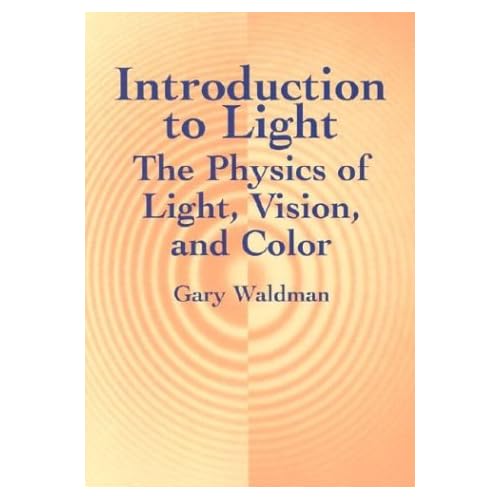buckeyegrad
Don't Immanentize the Eschaton
I will be going on vacation in a couple of weeks and I am looking for some good books to take with me.
Specifically, I would like to learn more about the nature of light. Can anyone recommend a book that covers this topic, but does not require a degree in Physics to understand it?
BKB? Kinch? NewYorkBuck? Anyone?
Specifically, I would like to learn more about the nature of light. Can anyone recommend a book that covers this topic, but does not require a degree in Physics to understand it?
BKB? Kinch? NewYorkBuck? Anyone?






